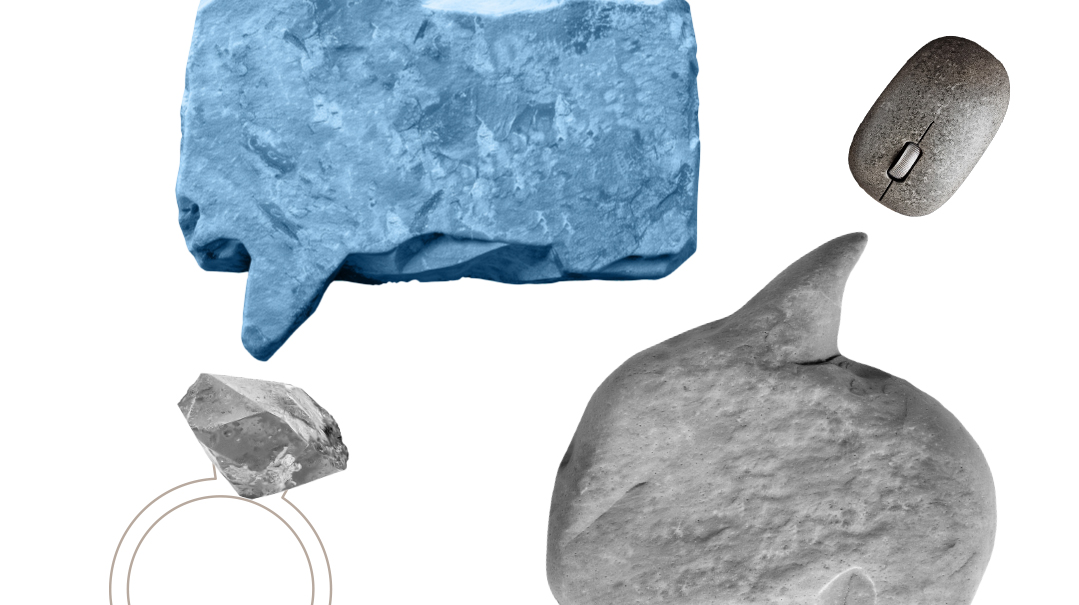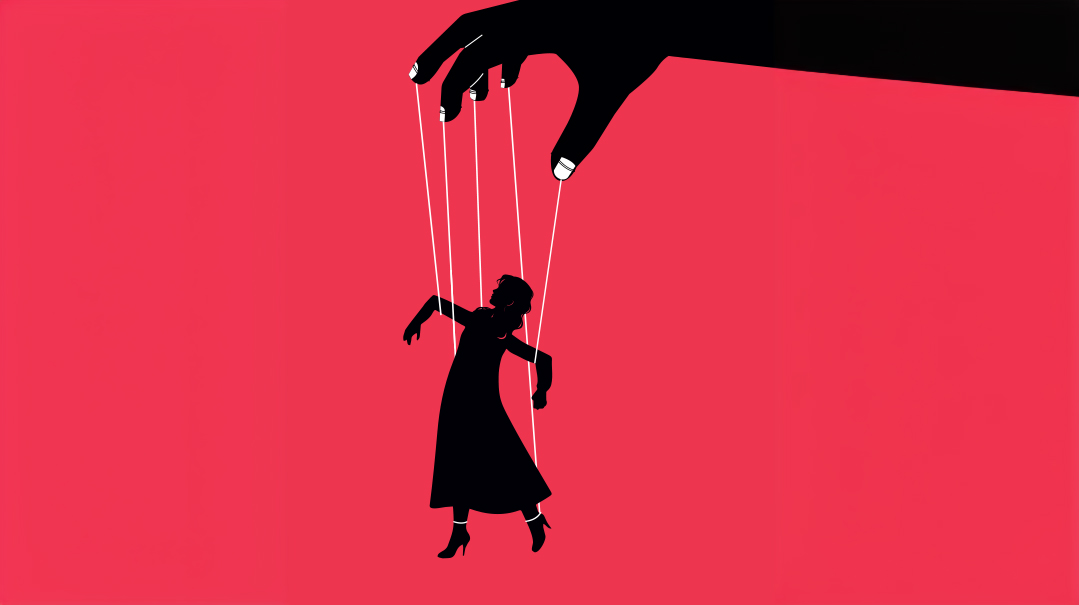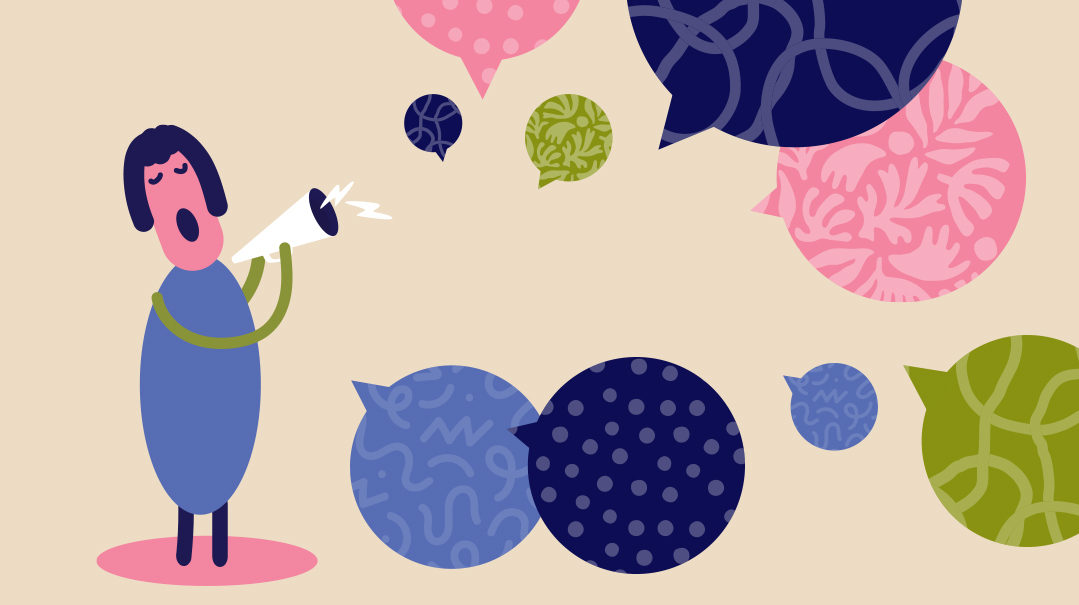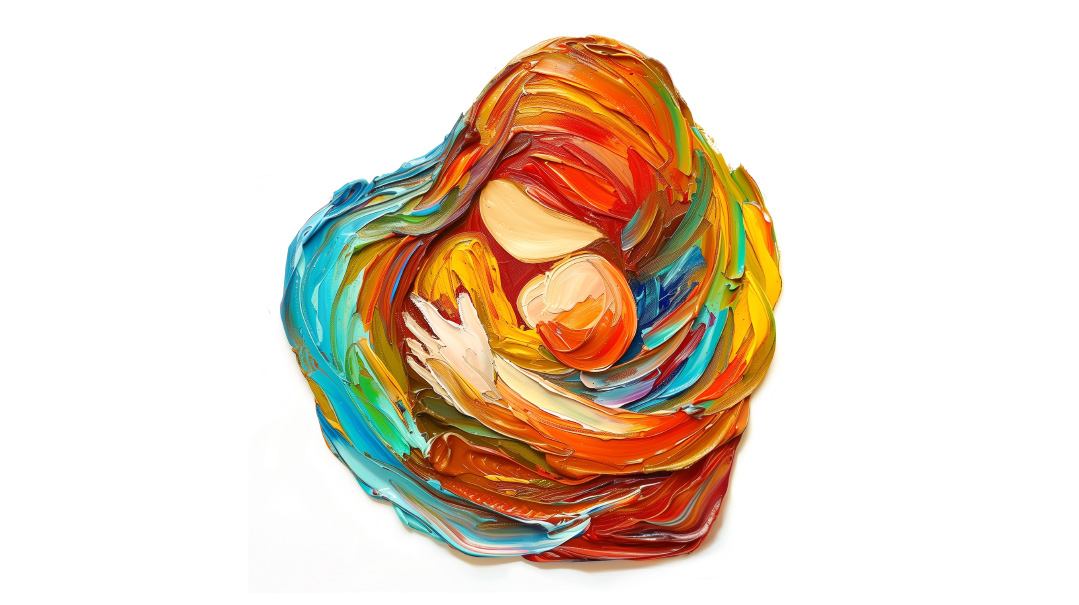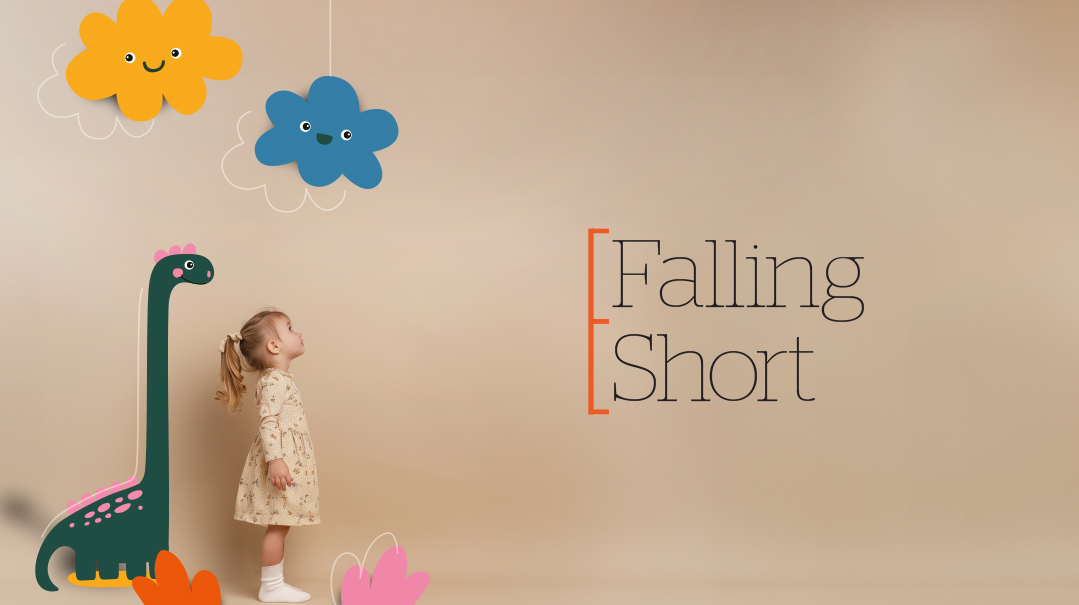Redefining Self-Care
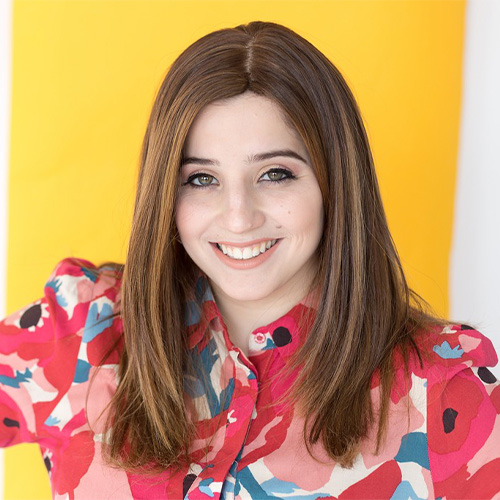
An unsparing look at the biggest, baddest buzzword in wellness

M
eet Suri. Suri was stressed out. Every Sunday, the week dawned bright and hopeful, with playdates and doctor’s appointments neatly marked on her calendar. But by Thursday nights, Suri would lie flat on the couch, chewing on a slice of cold pizza, and feeling like she’d been spit out of the dishwasher.
When Suri heard about the life-changing magic of self-care, she decided to take it for a spin. She took bubble baths. Booked manicures. Lit scented candles. Shipped the kids out to babysitters. Went out for coffee dates.
And it helped. Suri felt good.
For a day or two.
But the suffocating stress of life would slowly creep back. As her self-care rituals became more and more elaborate, Suri felt breathless trying to stay afloat. Self-care became another to-do on her list.
Acupuncture. Massage therapy. Essential oils. Retreats. It was never enough. The reality is, she concluded, that life is too much. It’s just. too. much.
It was earlier this year when I chanced upon this quote from Brianna Weist: “True self-care is not salt baths and chocolate cake. It’s making the choice to build a life you don’t need to escape from.”
I sat frozen in my chair, pondering the soft little sentences that had just slammed my brain. The idea that a peaceful, serene life was something to be crafted, molded, created, felt absolutely mind-blowing.
I mean, frum life can be intense. Large families. Significant financial obligations. And we haven’t even started talking about Purim costumes or Pesach cleaning yet.
Are we frumologically wired to be more stressed-out? Were our grandmothers struggling or serene? Have rising material standards pushed us to panic? Are these alliterations altering your brain chemistry yet?
I set out to unpack these questions and discover the truth behind one of the biggest, baddest buzzwords in wellness.
Self-care.
Spoiler: If you equate self-care with manicures, then you’re doing it all wrong.
What Is Self-Care?
We need to start with a definition, so let’s get that out of the way.
Self-care: The practice of taking an active role in protecting one’s own well-being and happiness, in particular during periods of stress.
Mmmm, sounds nice. In theory.
But while today’s frum woman isn’t washing her laundry down by the river, mentally she’s absorbing unprecedented amounts of information, handling logistics on par with FedEx, and flooding her psyche with negativity. Heads up: Psyches are delicate. Flooding them, says Dr. David Leiberman, isn’t recommended. That’s about one scroll on Yeshiva World News a day.
We live in amazing times, where there is so much opportunity, but we’re also juggling so much. An increasing number of women are exclusively responsible for household finances. Entrepreneurs are springing up everywhere, building businesses, developing their careers and trying to impress their mother-in-law with agonizingly complex petits fours. No? Just me?
There’s so much to juggle, so much to do, so much to be, that going on a retreat or having a spa day feels like the perfect way to catch up on life.
There’s a core piece missing here.
We shouldn’t be getting to the point where we’re gasping for oxygen.
It Takes a Village
Are we facing unprecedented stress in this generation? And if so, why?
Let me take you back to the 1800s, when our great-grandmothers grew up in a beautifully matriarchal network. We lived in tribes, ghettos, and shtetls where laundry was aired and secrets shared. Babushkas and babies grew old side by side. There wasn’t much space and quiet, but there was so much support and social interaction.
Now compare that to the average modern woman, living solo in her sterile but possibly silent walls. No wise, elderly bubbe to offer advice on rebellious teens, no energetic cousins to distract the little ones, and no schmoozy sisters to unpack the latest communal shandeh with. We’re running this show solo. And though we may not realize that, we’re missing out on the rich support network our ancestors took for granted.
Societal demands have risen, and yet the community support of shared responsibility has gone down. Yes, you might live in a development teeming with friendly faces. Yes, you might have a thriving social life. But is the support there? And by support I mean the strong cords of shared responsibility that ran through these communities. Generations living together in a beautiful system of interdependence.
We’re searching for spas to regulate our nervous system, because we’re not co-regulated by the people around us. Where our cups were once filled by the catharsis of a shared experience, now we’re left with annual Melaveh Malkahs and endless WhatsApp groups. And trust me, no one who types LOL is actually belly laughing at your joke. It just doesn’t hit the same.
“Naomie,” you’ll tell me. “It’s just not possible. I work crazy hours. I have seven kids. I have tons of responsibilities and no time for this self-care nonsense. I’ll sleep when I’m dead.”
Let me take you to Okinawa, Japan, just one of the five blue zones in the world where people live significantly longer than average. There are no old-age homes in Okinawa. People work until their dying day. I’m talking about centenarians who are strong, vital, and brimming with joy, where 80-year-old farmers cheerfully labor.
Researchers found that these blue zones all shared the same characteristics. Number one? An incredibly strong emphasis on community. Families cook together, shop together, eat together. Life is slower in blue zones. Citizens sleep longer at night and often take naps. Diets are bulky with plant-based foods. They’ve built a life where living doesn’t deplete them so they feel desperate to hit the pillow or retire early.
“Sounds nice, Naomie, but let’s be real. Think about everything it takes in order to run life. It’s a whole operation!”
I hear you, and I also want to challenge you. Being a caregiver or financial provider doesn’t have to be depleting.
In these blue zones, it’s their busy and full lives that rejuvenates them and grants them extraordinarily long and happy lives.
Perhaps we’re lacking the inner connection, mindfulness, and deep nourishment that leaves us feeling sustainably serene.
When we’re set up for daily life in a way that is nurturing and supportive of our needs and desires, then our “work” won’t drain us, and in fact can contribute to our longevity. That means crafting a lifestyle with intention, choosing work activities that speak to our strengths, and delegating tasks that drain us so that we’re in a constant space of creative rejuvenation.
Jewish or Selfish?
But hold on, before we go further, some of you might be awkwardly shuffling around the elephant in the room. Is self-care even a Jewish value?
“Naomie, I’m not sure if I like this. Saying no, laying down boundaries, carving out time for yourself… doesn’t sound exactly like our heritage. Was Sarah Imeinu in her tent with a white noise machine lighting scented candles? Methinks not.”
We live according to so many beautiful values of chesed and vatranus, and have been taught to put others first and exercise our compassion muscles. But we can also get confused. When does eishes chayil-hood become unhealthy? When does chesed morph into martyrdom?
This is the part of the article where we pause and simply validate that it’s tough. It can feel tough to reconcile these strong and somewhat confusing messages with what we need and what we feel should be the right thing.
We might wonder: Is taking a bubble bath really the way Hashem wants us to serve Him? We might read biographies of great and pious women, and feel terribly inadequate and small-minded. And that’s okay. It’s okay to accept that our reality is stumbling through and trying to figure out our mesorah-led journey to clarity.
Here’s where we can make a core distinction between selfishness and self-care. Self-care is giving to myself in the context of others.
Orit Wittenberg and Miriam Shwedel, cofounders of Silbo Studio, an agency designed to infuse rejuvenating work practices, note, “Self-care turns selfish when it becomes an escape, an instant gratification, an extravagant indulgence away from everyone and everything, a way of hiding from reality which can be so brutal, to escape into avoidance.”
“Self-care isn’t about the action, it’s about the intention. A person can be doing the same action, and the difference between self-care and selfishness is their intention and motivation,” Shira Savit, mental health counselor and integrative nutritionist shares. “Do I take a nap to escape and distract myself from the here and now, and ignore the people in my environment? Or do I do this from a place of self-care for the purpose of being present and feeling full. I can charge myself to give to others or to myself.”
Self-care as an end goal isn’t a Jewish value.
Self-care becomes a problem when our perspective is me and only me.
Practicing self-care is a hishtadlus. It’s murmuring, “Hashem, I’m doing my best to take care of me, with the trust that I’m always being taken care of by You. Help me to do Your Will.”
Self-care is “Jewish” and holy and proper when we bring Hashem into the picture. When it’s less about me, my ego, and my comfort, but about prioritizing my health, longevity, and happiness for the sake of being a healthier eved Hashem, a role model of inner wellness to my peers, a solid support to my dear ones, a contributor to my community.
When Hashem planted your neshamah in your body, He left a Divine imprint that whispers, “Your self is precious, holy, and immeasurably worthy of care.” And that’s a responsibility we’re obligated to put into perspective and shower with respect.
What Does Self-Care Look Like for You?
Before we dive into practical self-care practices, let’s take a quick minute to separate basic living with self-care. Staying hydrated? Basic living. Sleeping a decent number of hours? Basic living. Nourishing your body with nutrient-dense foods? Basic living.
Self-care isn’t a practice; it’s a choice to be in alignment with oneself.
And so there can be no prescribed formula or routine. “The beauty of it is finding it from ourselves to nurture ourselves,” says Shira.
And sometimes that might mean totally re-shifting the way we view life. Instead of searching for pockets of time in the form of a retreat or a spa day, we need to search for a state of self-care, says Miriam. A state of being where you put your hand on your heart and ask one simple question:
What do I need right now?
We’re wonderfully human, and that means doing wonderfully human things like believing life is black and white. Either I’m exercising daily and juicing, or I’m eating cold pizza out of a cardboard box. And I’d love for us to embrace the gray.
Self-care can be happening when bedlam is breaking loose, and I simply breathe deeply and accept the chaos that is this very moment. And then accept it a little more.
Self-care can be taking a drink, a meal, a time-out, but it sits on a foundation of deep self-attunement.
What would happen if we replaced the word self-care with self-attunement?
I think we’d have a generation of thoughtful, self-aware women who act in accordance with their deepest values.
Self-attunement is a state of being where I’m constantly coming back home to myself and enriching my life with things that fill me up.
So let’s go back to our Suri. Sweet, stressed Suri who chases massages and matcha teas. Who is constantly running on empty because she’s not addressing the core root of her search for serenity.
Suri may have gotten caught in a sneaky trap that most of us get stuck in. We invest and invest and invest in self-care, wondering why we still feel sad, low, or burned-out, without realizing that in fact this self-care is an avoiding tactic. Because we don’t take responsibility for our very own lives.
Know this: Life isn’t passive. Life is active. Hashem adores you, and He wants you to engage in a relationship with Him, hold His hand, and cocreate your most inspired, most fulfilling life together.
Can you recognize that you’re worthy of love and worthy of being taken care of just because you are a neshamah?
Real self-care for Suri would start by slowing down and taking a good hard look at her life. Where is her sense of depletion stemming from? What does she really need? Is it playing basketball with a court full of happy, sweaty women? Is it reveling in pure silence while staring out the window? Could it be meeting people who expand her horizons, or perhaps soaking in spirituality with quiet tefillah and hisbodedus?
Self-care might even look ugly, like finally getting a handle on the budget or parting ways with a toxic friend.
And for the days when there’s simply no time or bandwidth to make small things happen, there’s always looking Heavenward and saying, “Hashem, You and I both know that this bowl of Frosted Flakes and last night’s sleep are a poor excuse for energy, so please help me power through. Empower this cereal with the nourishment of an acai bowl, and infuse this ten-minute nap with several REM cycles. Thank You.”
Before I leave you on your own journey to self-care, here’s one last point to ponder.
Are we, perhaps, putting a little too much value on being calm, rested, and energized? Social media is a world where people broadcast select parts of their lives, creating glossy standards that we all aspire to. Is that version of curated blissful happiness skewing our perception of success?
What if life was grungy and messy and imperfect, and that was totally and deliciously okay? What if self-care wasn’t about taking away the mess, but about making space for the mess? What if self-care wasn’t about spending money on life experiences, but about shifting the way we experience life?
What if self-care was giving up a life that looks good, for a life that feels good?
No, I won’t be zen all the time, but I will also be loving and compassionate to the reality that is mine.
To Care Is to Accept
We all have days where we’re not calm, happy, or in love with our life. Self-care becomes imbalanced when we start creating an impossible standard to always be in a state of balance and calm. Well, flowers will only grow in dirt. Mud and mess is part of life. Self-care is accepting the mess. Self-love is knowing that there is nothing you need to do, accomplish, or be to be worthy of gentle and kind inner talk.
Our way forward may be accepting that it can be a slow and subtle journey to build a life that fills us with joy. It may be aspiring to consciously regulate our nervous system by dropping the superwoman act and getting back in touch with what we need. And it should definitely be a life where we celebrate and cherish the small wins. Like yelling at our kids less. Or folding a load of laundry. Or even, not folding it at all.
No More Running Away
Daniella* was nearly crying.
“It’s too much. I can’t. I just can’t. The laundry is everywhere. The house is a wreck. Work tasks are piling up. I just don’t have it together, and I’m so stressed out.”
She squeezed her eyes shut and took a long shuddering breath.
I sat with her quietly, nodding, feeling her pain. Daniella had a four-month-old baby, and had recently restarted work. We’d started talking about her business, exploring where she could be working on developing her actions and beliefs to meet her goals — when the emotions began pouring out of her.
“I hear you. I really, really do. How about this?” I offered. “What would happen if life right now was having it all together? What if laundry on the couch and takeout once a week was this state of ‘togetherness’? That this is your circumstance right now, and there is nothing to fight or resist, but rather to be okay with the way things are right now. What would change for you if you could really accept that?”
She was quiet for a minute.
“It’s like, I need to unlearn everything I thought about life. My circumstance has changed, so I guess my expectations have to also.”
“Right! If you don’t adjust your expectations to meet yourself where you are in your current life circumstances, you’ll constantly feel like you’re not enough, and use all your energy on fighting reality and yourself.”
Once things were in perspective, Daniella visibly calmed down as she accepted her reality and lowered her bar of “togetherness.” Doing this actually gave her the space to choose what she wanted to, and sometimes that was intentionally leaving the housework or keeping her business on a simmer, with no guilt.
Daniella shared, “Learning and internalizing that I’m enough exactly as I am, without needing to do or be anything to be worthy helped me remove the pressure of all the things I ‘should do’ to have life ‘together.’ It reminded me Hashem is guiding me exactly where I need to be, and I can accept and be okay with that. And when I do, life flows so much smoother and I’m more energized and peaceful.”
Rachel* shared, “Self-care came after this huge realization. I am a doer. Possibly a toxic doer. I was always doing. Working so hard to make things work. I was on maternity leave and I was so stressed that I felt like I wasn’t fulfilling anything in my day-to-day life. Looking after the baby was satisfying for a bit, but I wasn’t completing things on my to-do list.
“Coaching with you taught me that you don’t have to work hard in order to make things happen, there is a softer, calmer way to live life. You don’t have to constantly be doing to be productive. Being productive can be keeping your baby alive!
“Once I allowed myself to internalize this truth, I felt inner calm bubble up inside. I stopped racing against myself to be productive and get stuff done. Inner calm meant I had a calm mind, a calm home, calm children, happier relationships. An ability to enjoy the day. My friends and family noticed that I’m happier.
“Caring for myself meant refusing to beat myself up. Switching off the inner race and allowing myself to be calm. Not shaming myself into running at 150 percent. It was a head calm, not a life calm. Life was still busy and full, but I had space to tune inward. My self-care became connecting to Hashem on a much deeper level, journaling and talking to Hashem in my own way and allowing myself to notice the little things in life that I’d been too busy to see.”
Huge and enormous thanks to these wise and incredible women who gave me so much insight: Miriam Shwedel and Orit Wittenberg of Silbo Studio, Miriam Davidson, Shira Savit, Chana Greenstein, Rivkah Wolfson, and Avital Eusgeld.
(Originally featured in Family First, Issue 854)
Oops! We could not locate your form.

